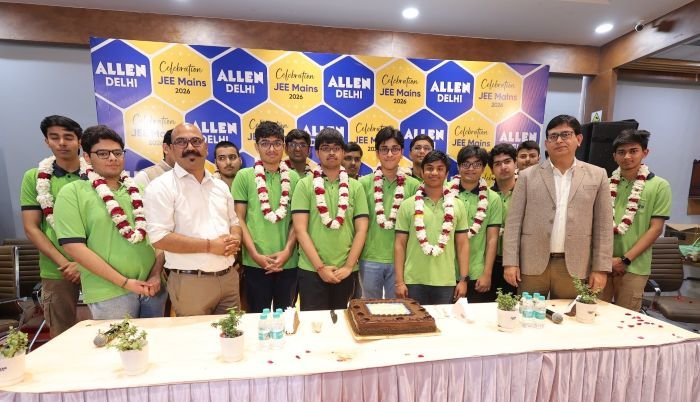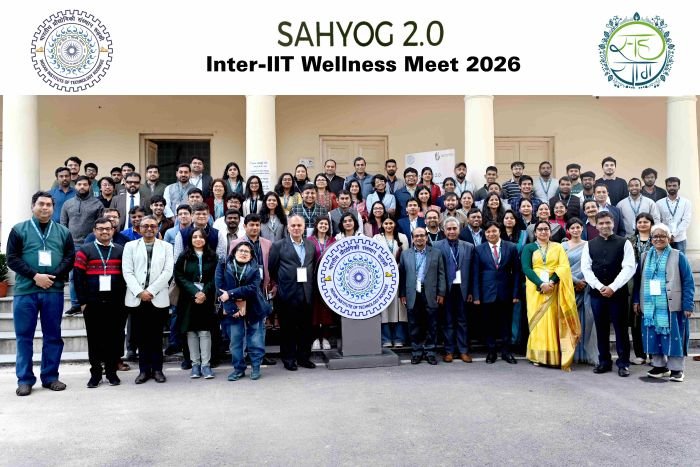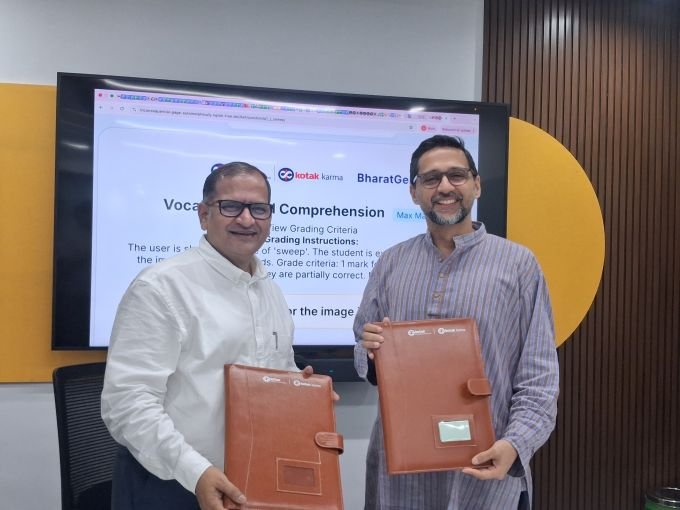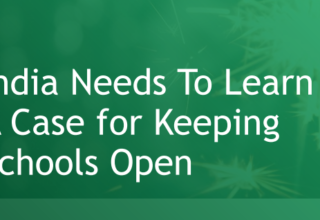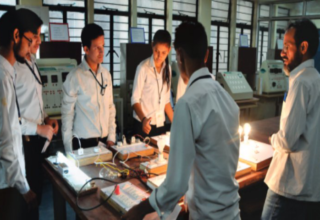
More than 1.5 billion children and youth are currently out of school or university, representing 87 per cent of the world’s enrolled student population. In addition, over 60 million teachers are no longer in the classroom.
Responding to this unprecedented situation, UNODC Regional Office for South Asia has launched the ‘Lockdown Learners’ series of online engagement with students and educators in India on COVID-19 and its impact on SDGs, peace and the rule of law.
In support of the Education for Justice Initiative (E4J, a component of the Global Programme for the Implementation of the Doha Declaration), these dialogues aim to sensitize students on concerns of vulnerable groups and emerging issues such as cybercrime, misinformation, gender-based violence, discrimination, mental health and corruption, among others. The Lockdown Learners series also provide a platform for students to receive mentorship and knowledge support through activity-based learning, and to use their talents and skills to promote awareness and become problem-solvers.
Over the last four weeks, interactions have been conducted with nearly 1600 students and educators from schools in the Indian states/Union territories of Delhi, Maharashtra, Karnataka, Punjab, Uttar Pradesh and Haryana, and E4J resources have been shared with over 12,000 students in the schools.

In addition, with support from the Commissioner of the Jawahar Navodaya Vidyalayas (JNV), Bishwajit Kumar Singh, E4J tools and resources have also been shared with educators across 636 JNVs across the country–and multiple interactive sessions have been conducted with students from JNV Jhajjar. These are not one-off sessions; but a series of interactions aimed at a longer-term collaboration with schools, with activity-based learning for students at its core.
“Some of these are also good practices that may also be emulated by others to reach students with limited internet access—for instance, in UNODC’s collaboration with the JNV in Jhajjar, we are working by interacting with groups of students through WhatsApp, using voice notes and audio recordings and images. These are cost-effective ideas that may be used by students with limited net connectivity,” said Samarth Pathak, UNODC Communications Officer for South Asia. Every alternate day, the UNODC-JNV Jhhajar WhatsApp group starts buzzing at 11.30 with messages from a vibrant group of 30 bright students, all keen to learn more about the UN, COVID-19 and its impact on vulnerable groups and the SDGs.
Students of the Jawahar Navodaya School, Jhajjar (Haryana) have created a variety of artwork and videos, reflecting on emerging risks to peace and SDGs, while students from Delhi, Bengaluru, Mumbai and Punjab are working on creating dynamic webpages dedicated to promoting awareness and showcasing initiatives to highlight the impact of COVID19 on vulnerable groups.
“UNODC believes that crisis situations like COVID-19 cannot be overcome without education, in line with the United Nations’ principle of ‘Leaving No One Behind’ and the Sustainable Development Goals (SDGs). A key area of focus is on the evolving implications of COVID-19 for children and youth, especially pertaining to human rights, health, peace, security and the rule of law,” explained Sergey Kapinos, UNODC Regional Representative for South Asia.
E4J’s educational tools put great emphasis on values, on helping children build skills which empower them, and on teaching them to think. These varied products include free-to-use educational material, comics, board and online games, The Zorbs cartoon series, and other modules and videos that may be used by teachers, parents and students at home to develop an understanding on peace and the rule of law.
UNODC welcomes schools to join these efforts in creating a positive framework for students to be productive and engaged during this period of lockdown, to reduce stress through positive messaging, and to empower young people to become champions of tomorrow.
Earlier this month, Asavri Verma and Ananya Verma, students of Delhi’s Ahlcon International School, composed a beautiful song, “Castles in the Air”, calling for peace and hope amid COVID-19. (Listen in: http://bit.ly/3cxRlPh).


